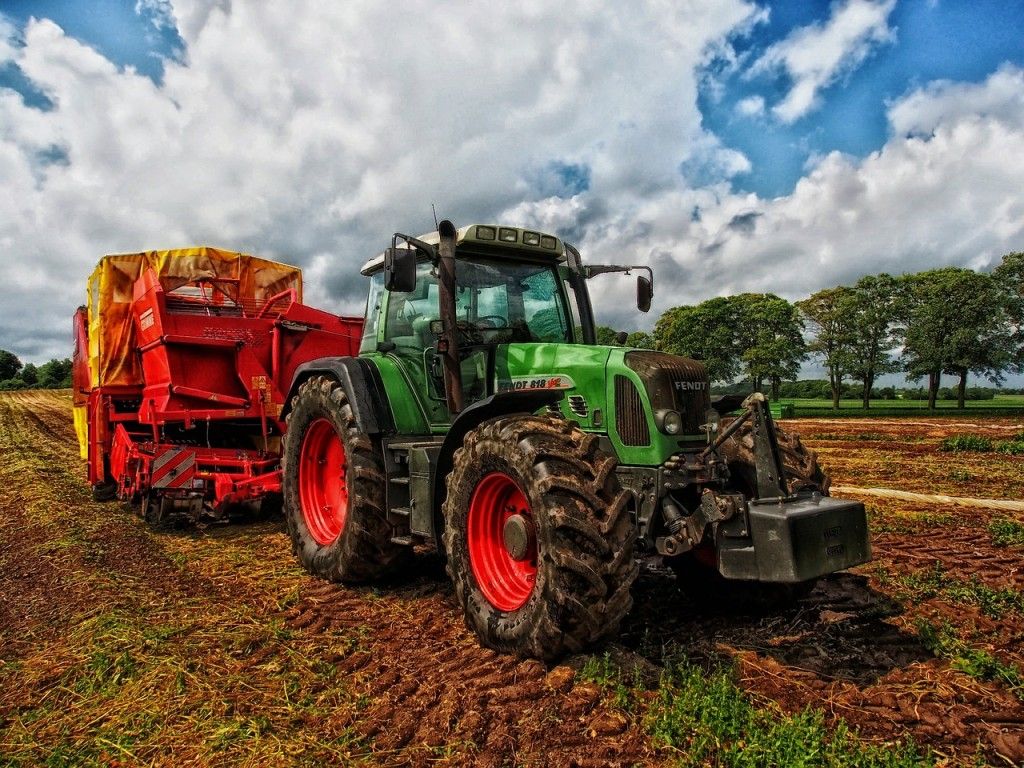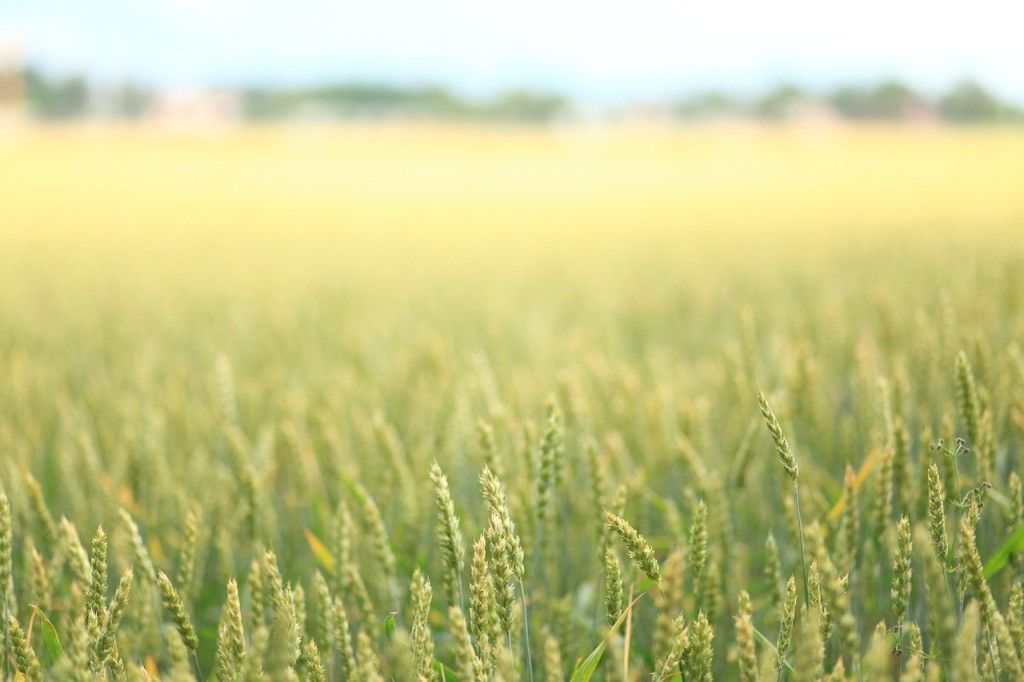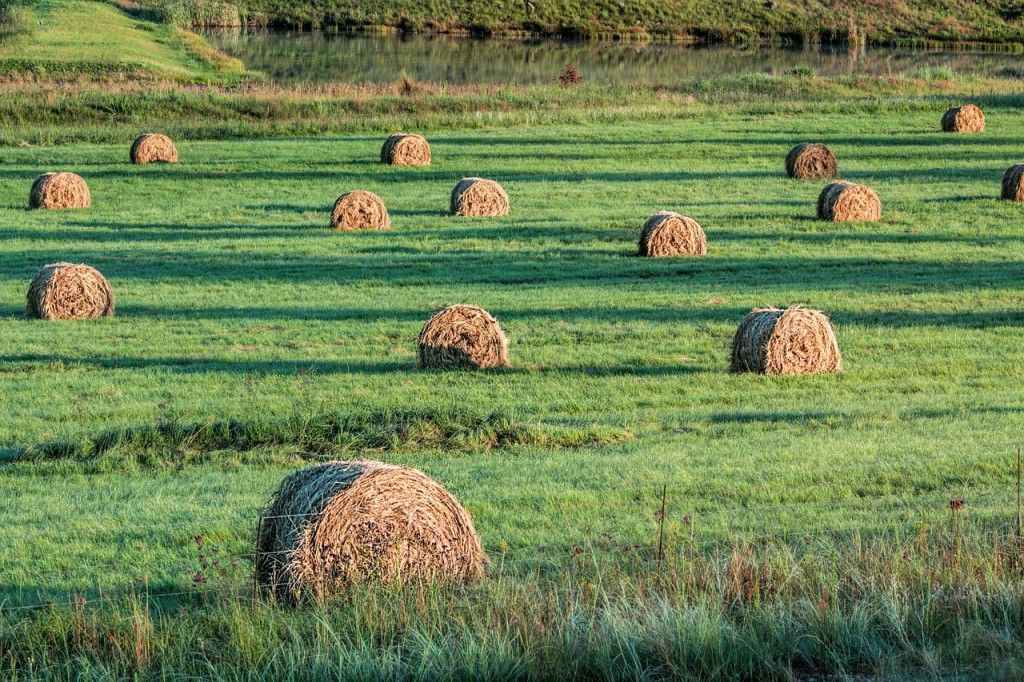
Farming and agriculture has existed for as long as the human race have been living on this planet, and in many ways it has evolved alongside us. For the longest time, the food we ate and the clothes we wore were completely dependent on agriculture, and though we now have other means of clothing ourselves beyond using the skin of animals, we have yet to find a way of sourcing food other than farming.
The reason modern farming practices are so important is that without them farmers would never be able to supply the demand for food that is called for by the general population. This is not a national issue cause by immigration, as some would have you believe, but an international one caused by the fact that the population of the entire world as increased by over one billion people since the year 2000.
It has been stipulated that for this rate of population growth to continue, every couple would need to have 3 children or more. But whether the population continues to grow at this rate or not, if farmers are going to meet the demand for food – both current and future – farming methods have to be efficient. Fortunately for us, efficiency is just one of the benefits of modern farming practices.

Thanks to modern farming practices, in the last 50 years the amount of crops such as rice and wheat has dramatically increased. As a matter of fact, thanks to the tireless work of the agricultural community, primary crop yields have managed, more or less, to grow at the same rate as the population; and due to advancements in agricultural practices, the price of basic food stuffs dropped also, thereby ensuring that less people had to go hungry.
One of the most important factors that farmers rely on to grow their crops is irrigation, and it is only by establishing large irrigation networks that agriculturalists have been able to achieve these amazing feats. But that is not to say that other technologies and scientific advancements have not built on these solid foundations. Tractors and other agricultural vehicles, for example, are always being improved and have made jobs that once would have taken weeks take days – which is why it is important for farmers to keep their tractors in top working order.
Improvements made to transportation and storage have had an incredible impact on the output of farms, as they have allowed us to reduce wastage and spend less time on any one task. What's more, thanks to the internet and online databases, it is possible for farmers to utilise scientific data and technology in an attempt to improve crop yields and keep up to date with cutting edge methods of farming.

For instance, there is now technology available that allows farmers to analyse soil, determine what is lacking, and replace it. This will ensure that the seeds planted in the soil have the best chance of yielding a high quality crop, not just in terms of quality, but in quantity too. Crop protection is another area of modern farming that has improved yields, and there is still research being done in order to find new, safer ways to protect crops from insects and disease.
In 2014 there was a study published that suggested if we were to rely solely on our own production capacity for a year, the UK would run out of food by August. Without the benefits of modern farming practices there is no doubt that we would run out much earlier, and we should never forget that it is only because of research done internationally, and with the help of the agricultural community at large, that we have been able to reach this level of efficiency.